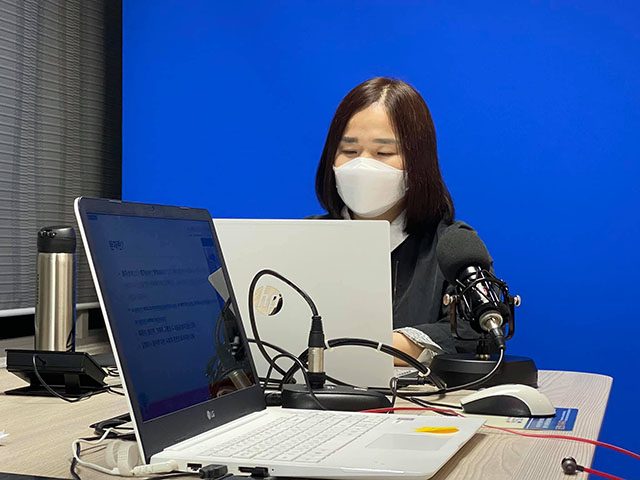
2021.03.16. Opinion on the warning sound of insulin pumps shared with the Ministry of Food and Drug Safety
View Opinion
2012.03.26. Lecture at Ajou University
View more

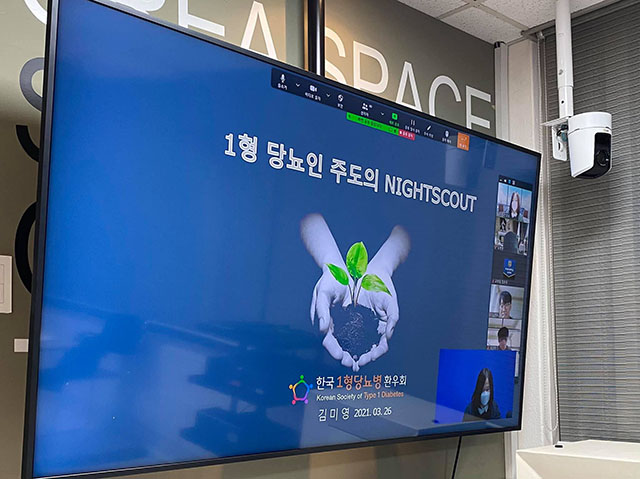
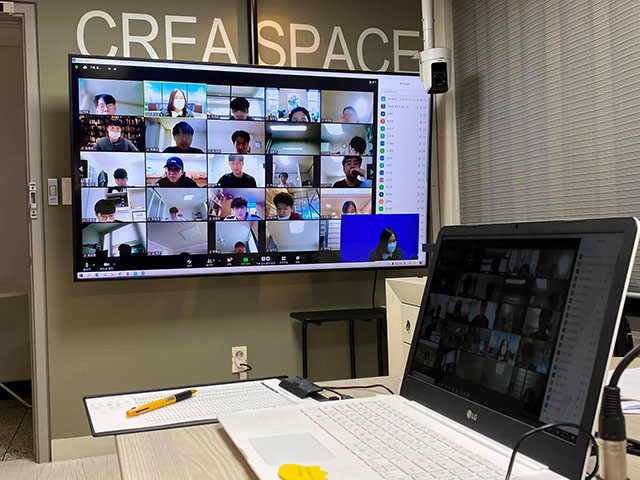
2021. 3. 30. [Press Release] The position of the Patients' Association and the Korean Association of Patient Organizations in regards to the “Patient-Centered Medical Technology Optimization Research Project”
Related Articles : Medical Times Money Today Medical Today Laforsian Cookie News
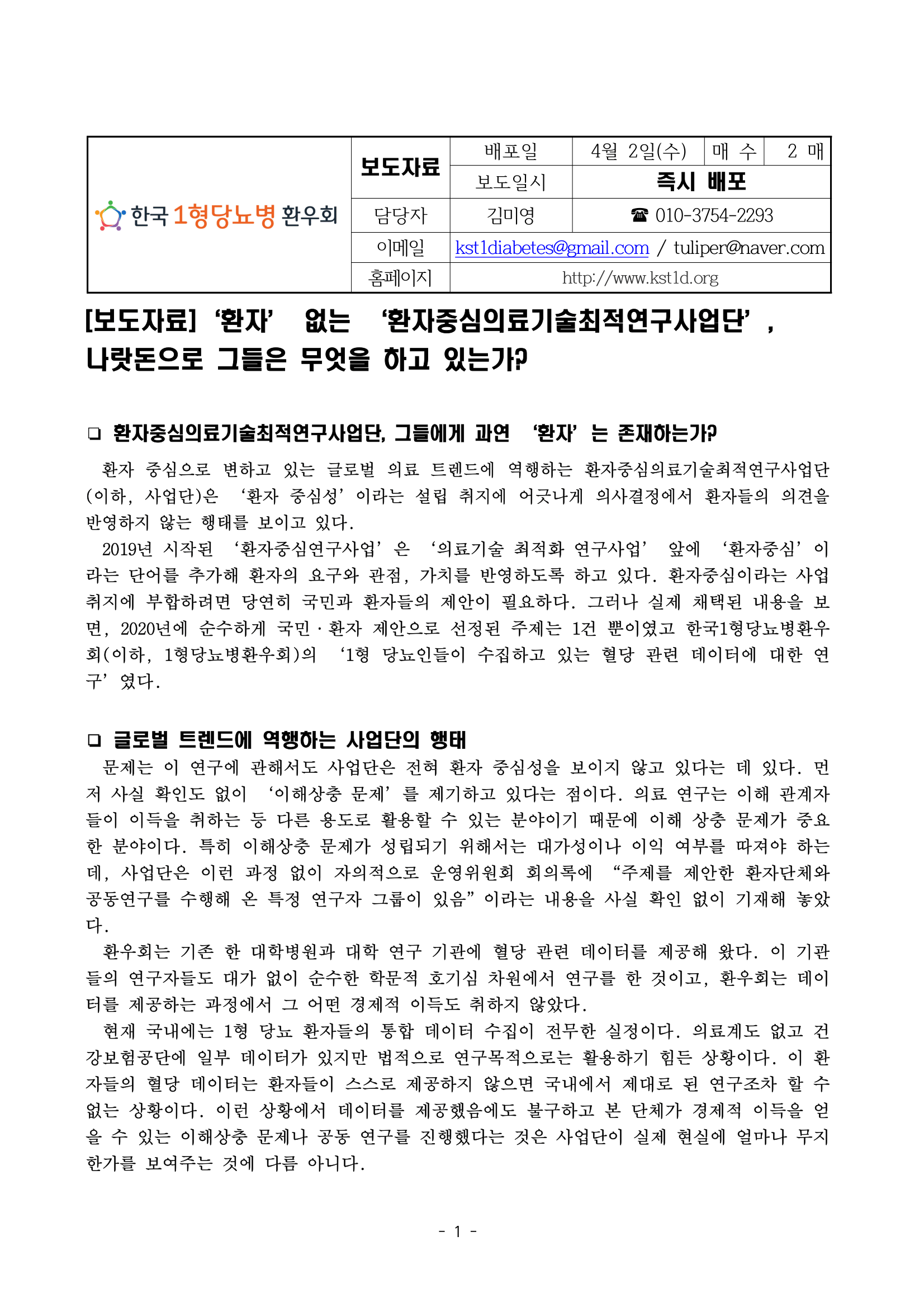
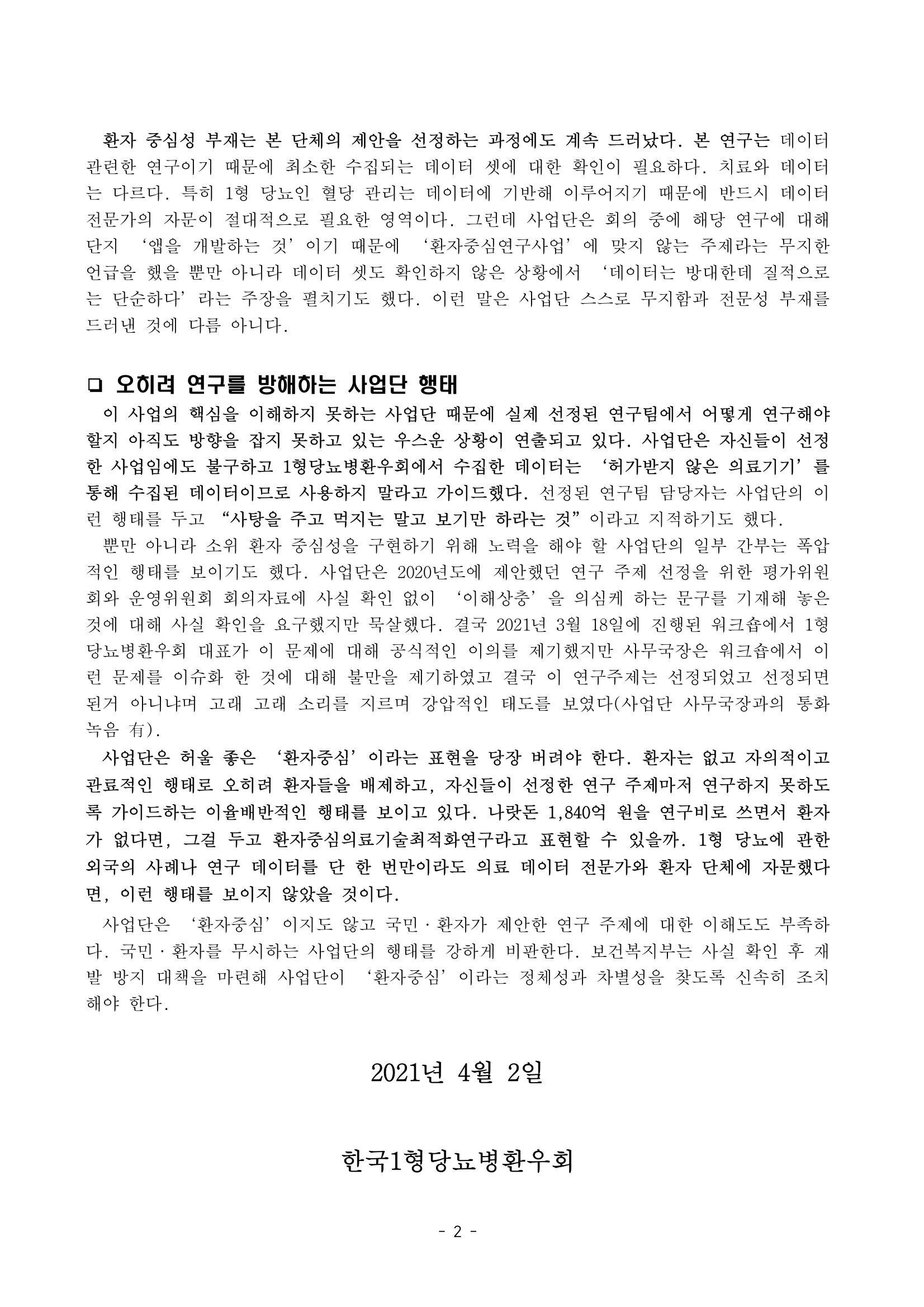
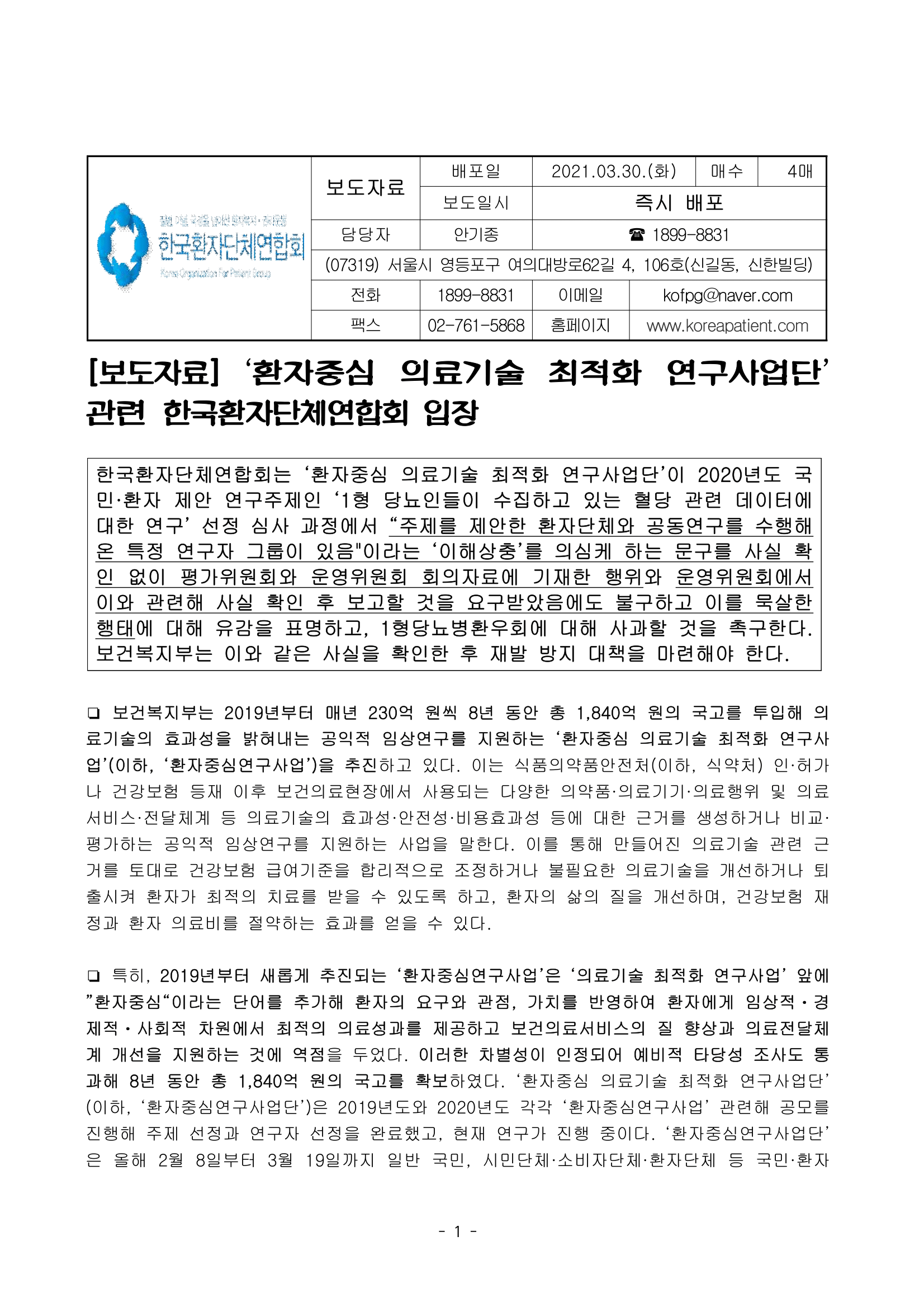
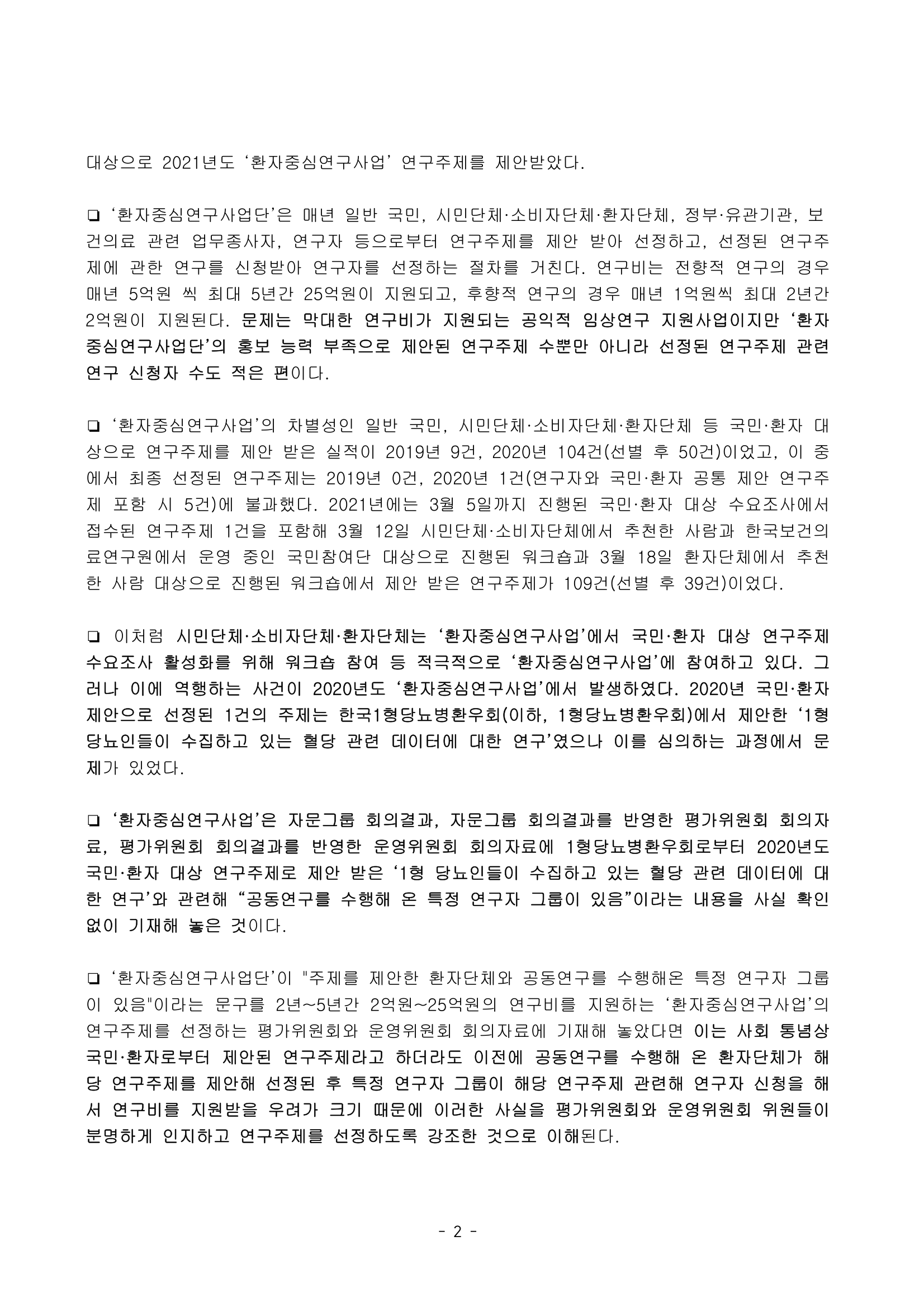
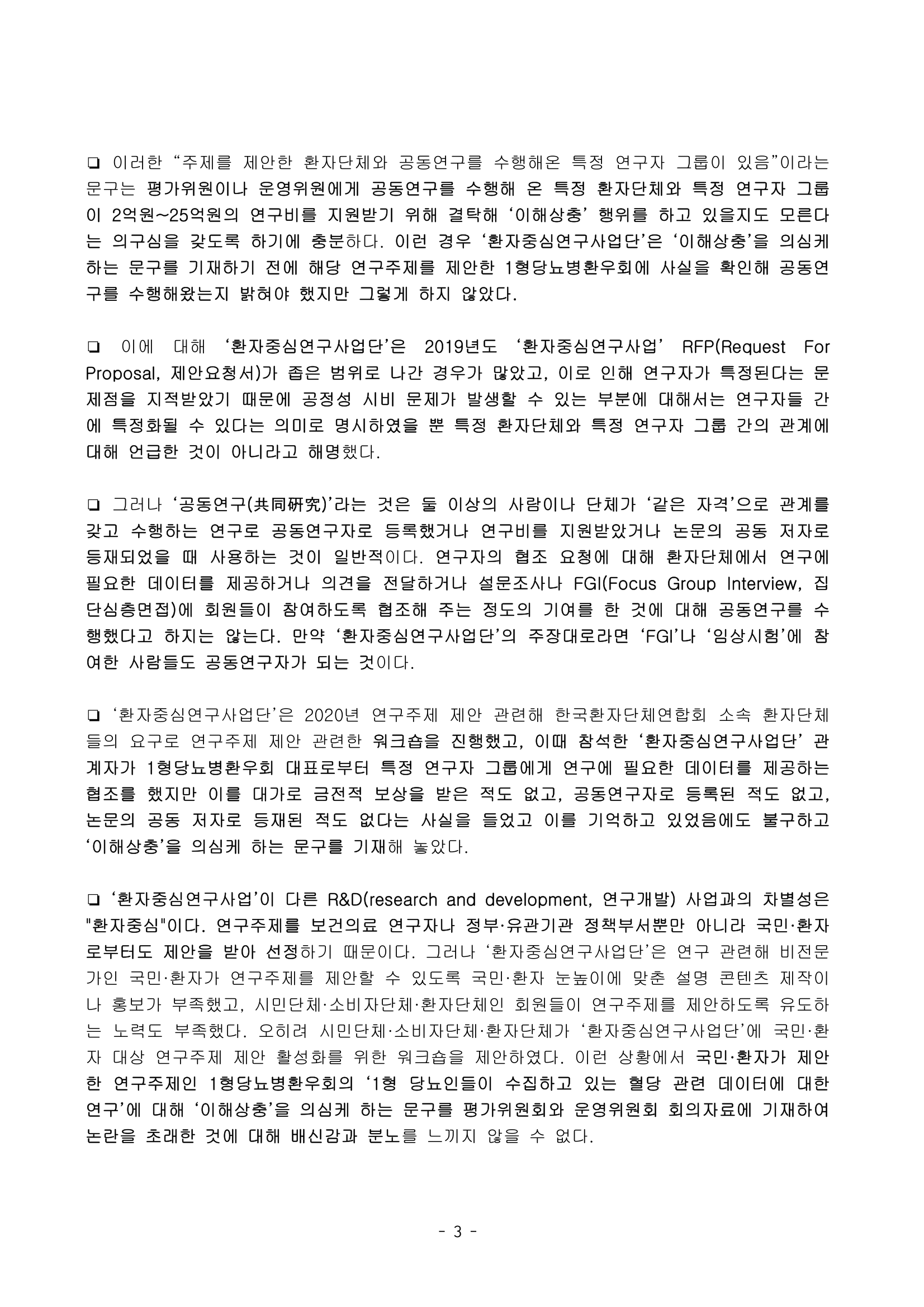
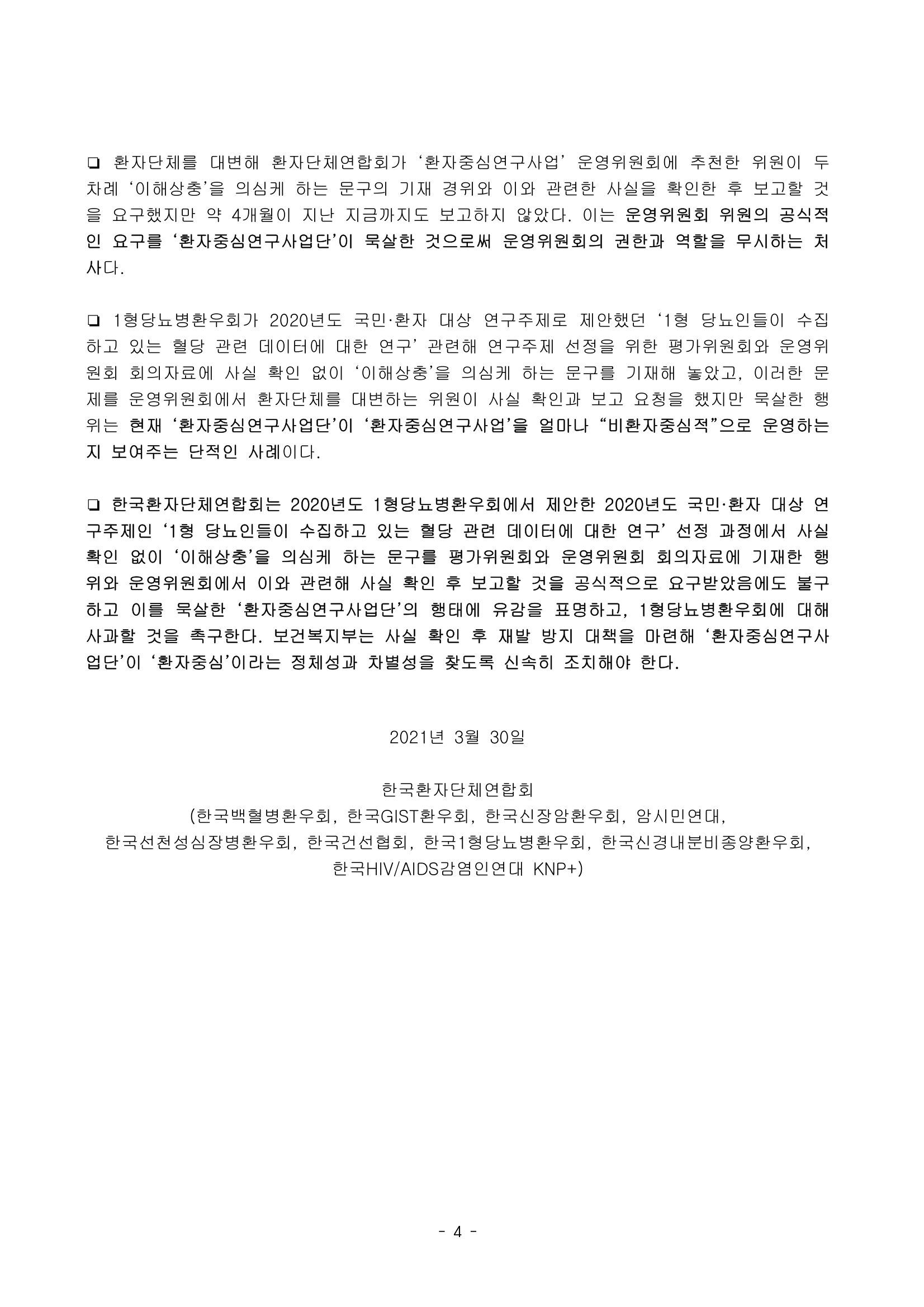
2021. 3. The Korean NHI created Diabetes Awareness posters with a lot of problems. After feedback from the members of KST1D, NHI applied it well to their campaign.
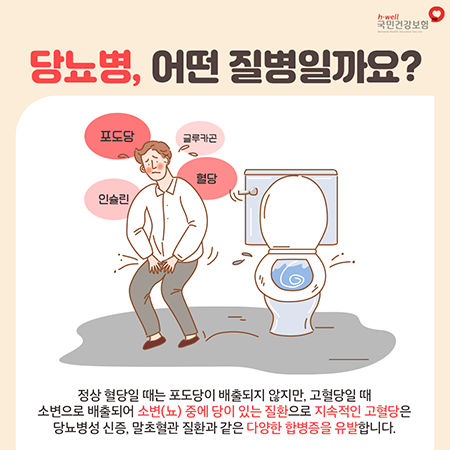
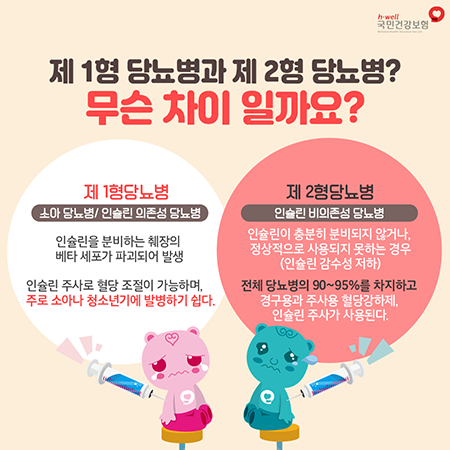
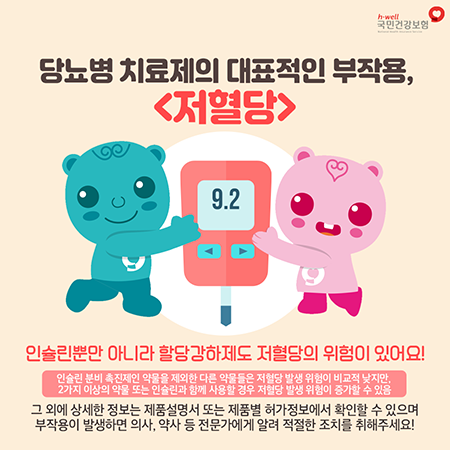

2021. 4. 10. Online meeting for new patients -Type 1 diabetics, who are you?
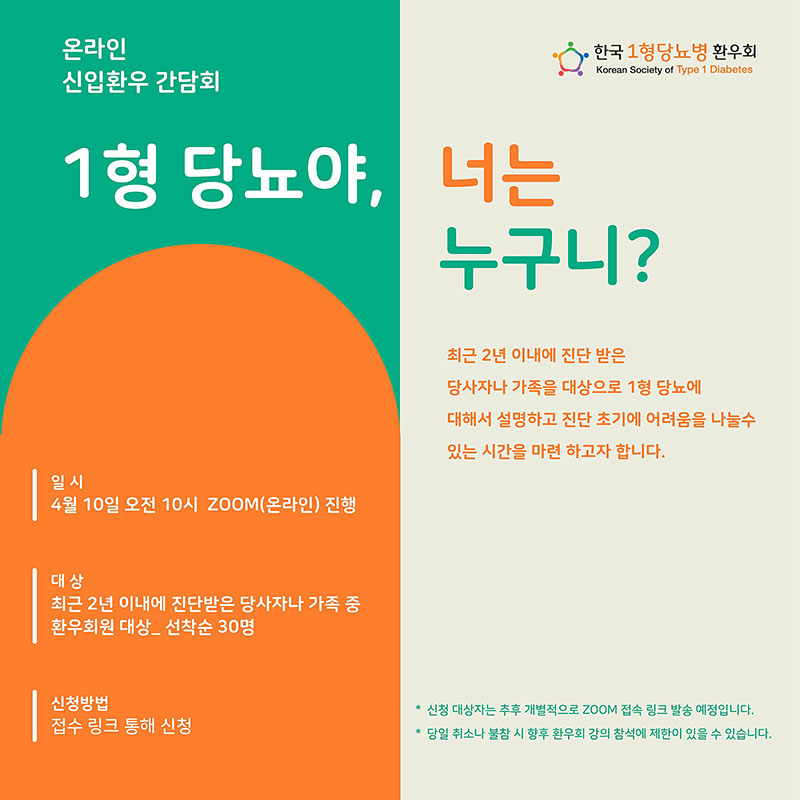
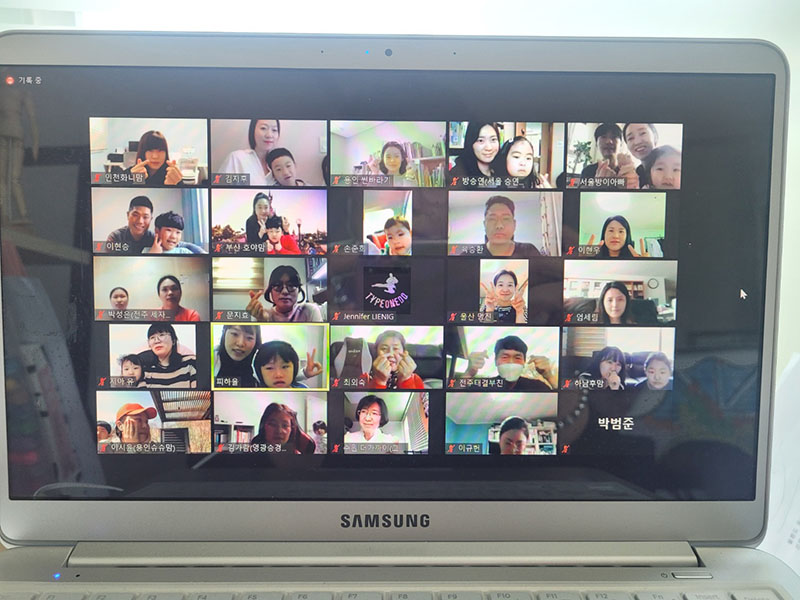
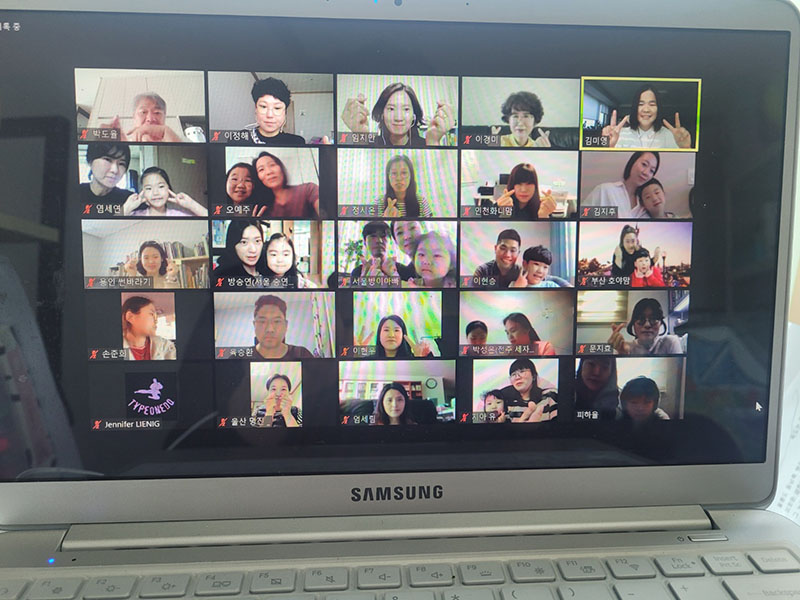
2021. 4. 24. First Type 1 Diabetes Seminar - How to use medical devices in a smart way!
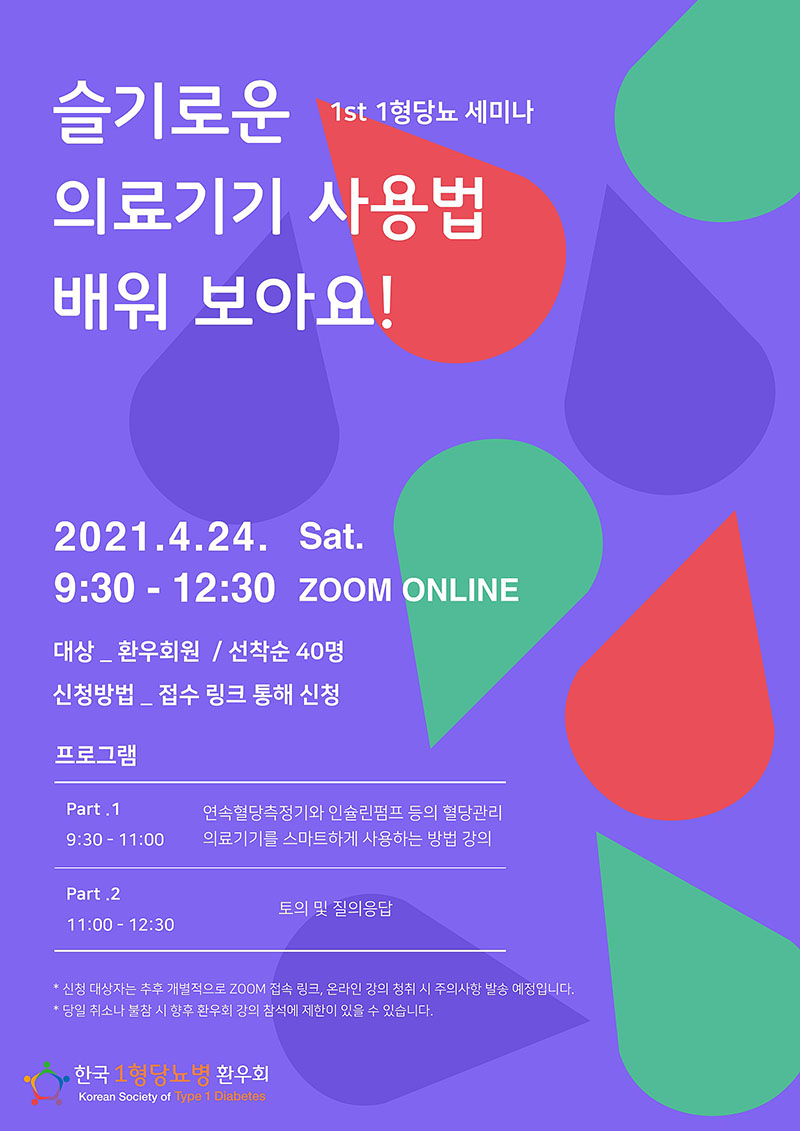
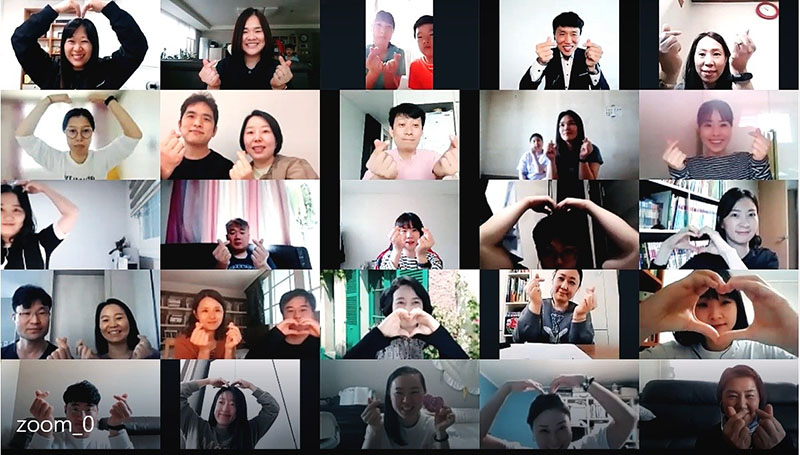
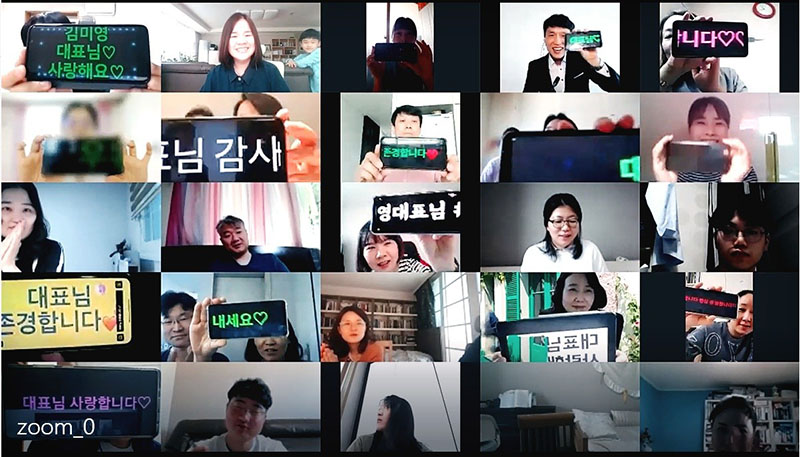
2021. 4. 27. The 5th Living Lab and Gender Forum: "The Role and Challenges of Patients and Their Families from a Gender Perspective'.
See more
2021. 4. 30. Why is the Korean Society of Type 1 Diabetes angered by the Patient-Centered Research Project?
See more
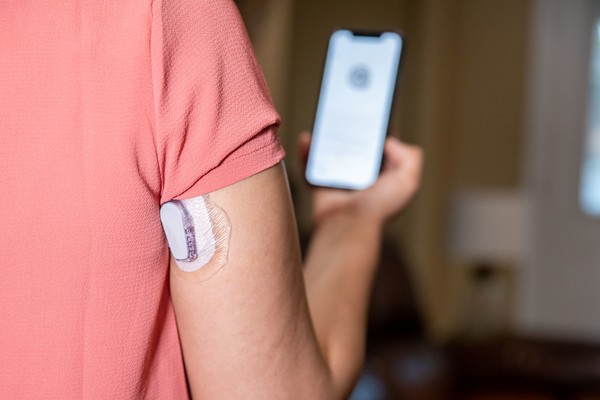
2021. 5. 22. Korean Society of Science and Technology's 2021 Electrical Conference 'Patients as Maker, Collaborator, Expert'
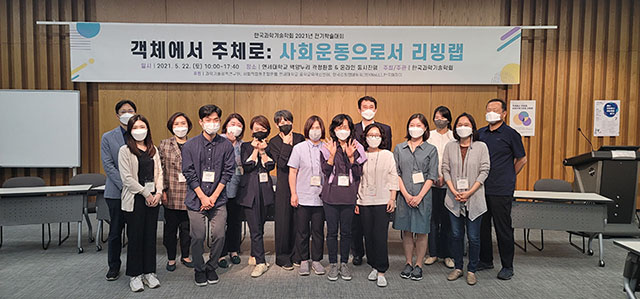
2021. 5. Hemophilia Association
View more
2021. 6. 4. Meeting of the Ministry of Food and Drug Safety in regards to Insulin Pump Warning Sound
Related Article : Hit News
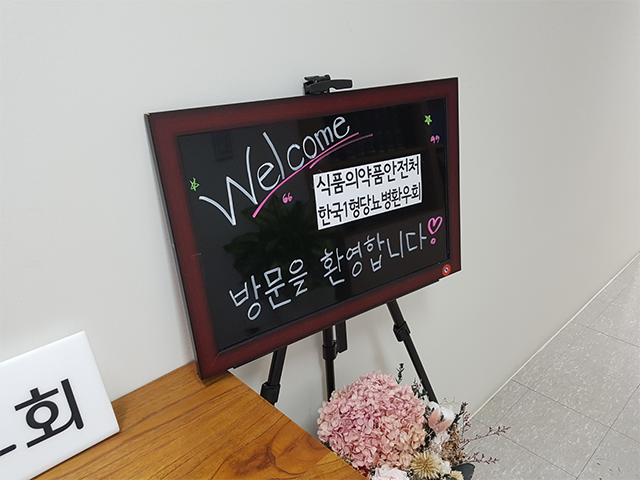
2021. 6. 19. Online Meeting with Novice Dads
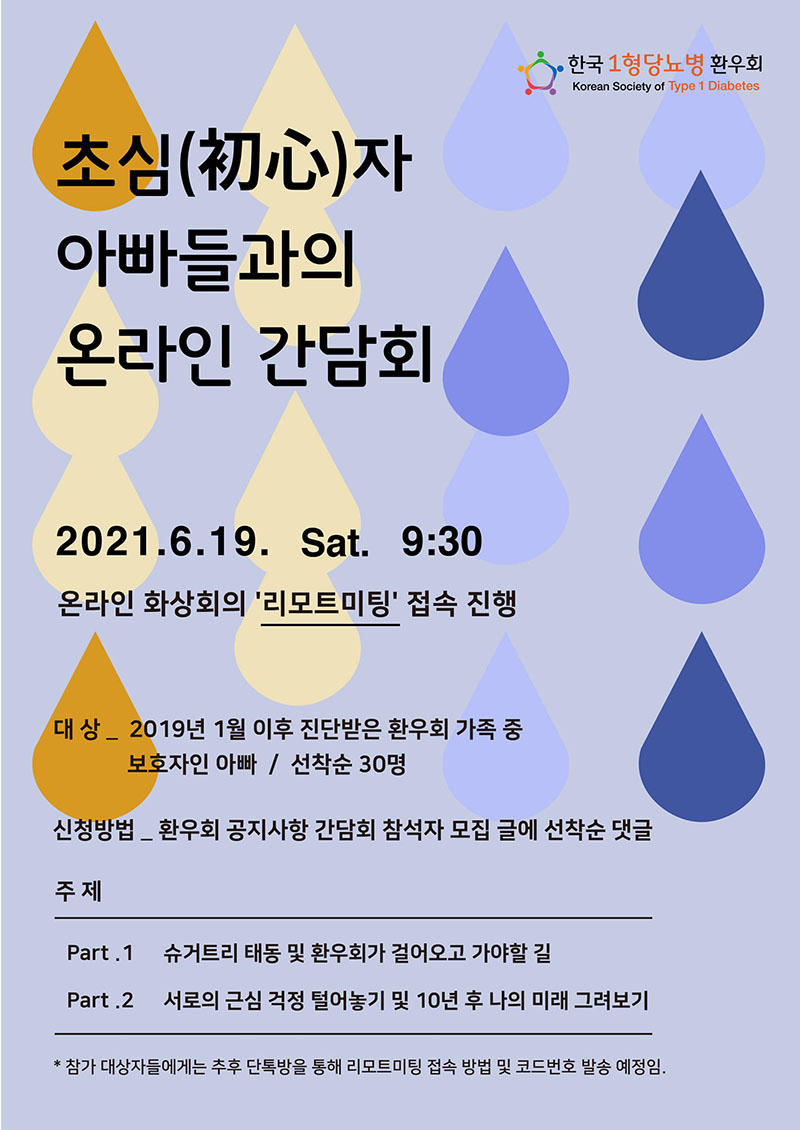
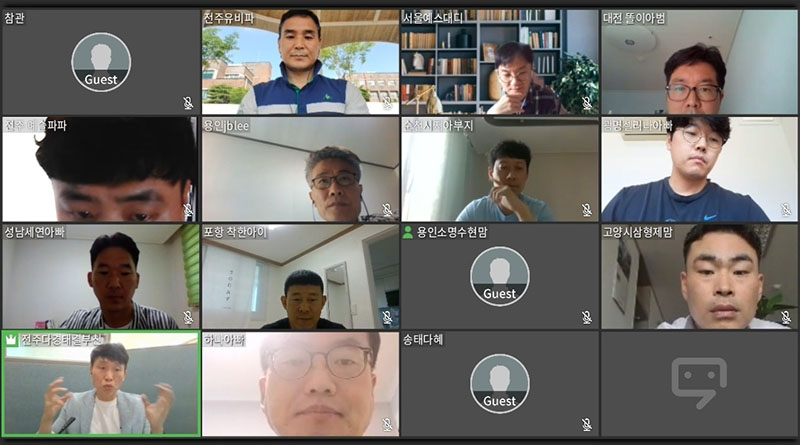
2021. 7. 2. The media's sensitivity in regards to diseases
See revisions